Vietnam is like a hidden gem of the Indochinese Peninsula. The country is home to numerous stunning landscapes, tasty foods, and rich multi-culture. The fact is that locals still have a lot of traditional customs and implied etiquette. But a little knowledge goes a long way. Discover how to embrace local manners while respecting the culture of this Southeast Asian nation. This article helps you to outline the do’s-and-don’ts of traveling in Vietnam.
Why is this helpful?
You’ve been learning about what to do and not to do in your hometown. They are the regulations that everyone living in the country must abide by. Otherwise, you might offend someone.
In Vietnam, the same things take place. Our country has a long history and numerous age-old traditions, customs, and etiquette. The rules have been followed by locals for a very long time. As a result, guidelines for what to do and not do in Vietnam become implied social norms that everyone must abide by.

Things you should do in Vietnam
1. Dress appropriately
In Vietnam, people tend to wear clothes discreetly, especially women. They are quite traditional about outfits so it would be impolite when someone wears skimpy clothing in public. In a big city, the dress code is more comfortable than in a rural village.
To not look different from Vietnamese locals, you should see what they wear and be moderate. As a traveler, it’s important to respect local customs and dress appropriately in Vietnam. This includes not wearing shorts, low-cut tops, or revealing dresses when you go out or stop by a local’s house.
There’s no need to overdress! Let’s check out the weather and the destination you plan to go to then choose your outfit properly.
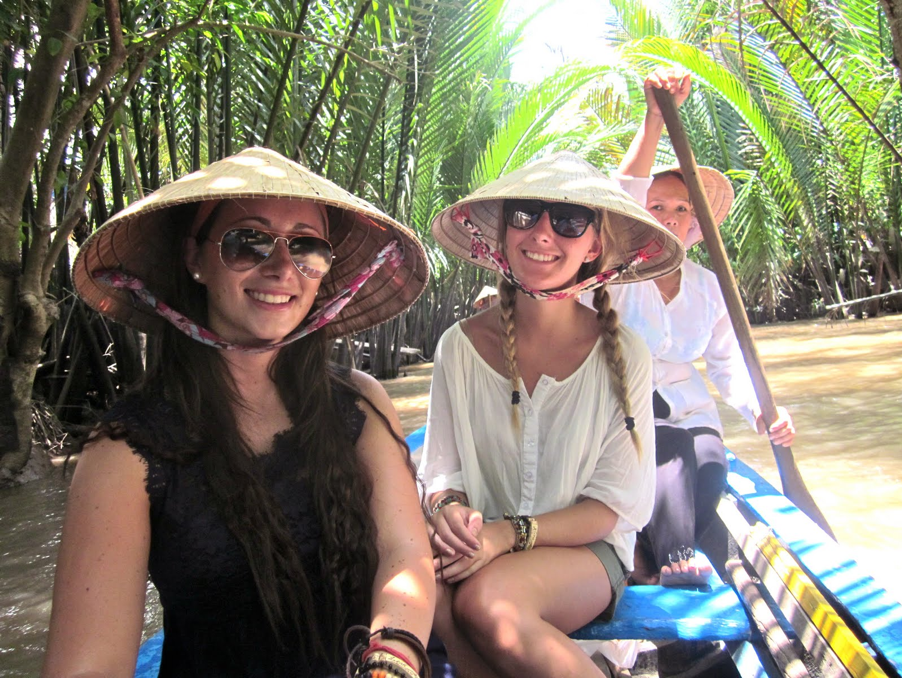
2. Never forget your Visa
For travelers to be able to stay in Vietnam legally, they must have a visa, yet many tourists overlook this requirement. You must treat your visa seriously if you want to travel and have a good time.
Let’s fill out the visa-on-arrival pre-approval form before your journey. Get your document stamped and keep it safe at all times. There are lots of tourists who leave their visas in the taxi or at the airport.
3. Keep your valuables in a safe place
Don’t you want to be a pickpocket’s victim? Keep in mind to store all of your valuables in a secure place. When using a bus or walking down the street, you should carry your backpack in front of you. Additionally, we strongly advise that you only bring enough cash for your trip.
Keep your jewelry at home because it reveals that you have a lot of money. That might be a motivating factor for petty theft to occur.
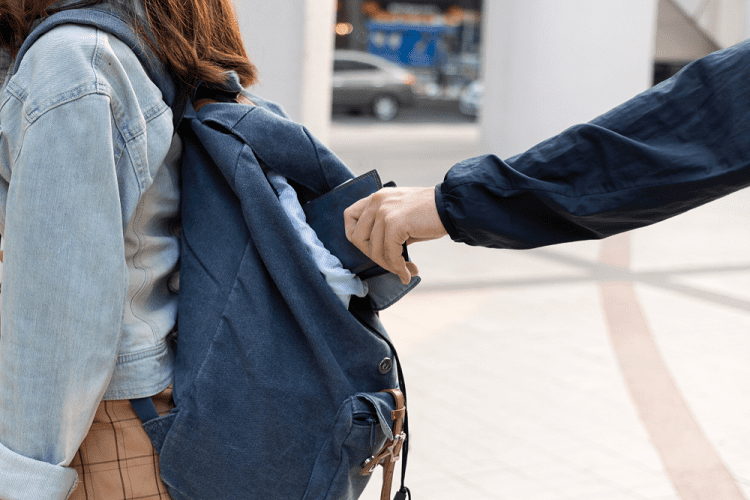
4. Right etiquette with other people
In Vietnam, everyone shows great respect to older. The younger need to bow their head when greeting the older. When receiving/giving things, you should do it with both hands. In a meal with locals, you should wait for the oldest people to start first.
Making someone deface is the worst. He/she will feel seriously worst when being denigrated in front of others. You should never raise your voice or do rude actions when getting angry. Don’t cross your arm on the chest, point your finger or put them on your hips. Just calm down and everything will be okay.
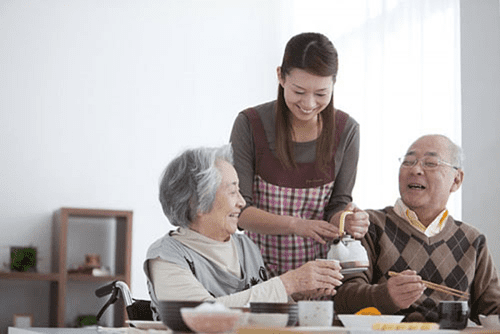
5. Say “No” politely
You may need to turn down locals’ friendliness in certain circumstances. That occurs, for example, when you don’t want to try their native cuisine or strong spirit. You should politely decline rather than firmly telling someone “No” to avoid making them feel bad. It is a great tip to keep a Vietnamese face intact.
6. Prepare some necessary supplies in advance
You’d better bring your medicines, toiletries, nappies, baby formula, mosquito repellent, sunscreen, and basic first aid kit in your bag. Those supplies can be found in Vietnam but maybe not exactly what you want. Plus, to keep you from sunlight and unexpected rain, you should prepare a hat and an umbrella in advance.
Usually, there aren’t any convenience stores or retail shops in rural areas of Vietnam. If you are going to explore those areas, you should also prepare some snacks and food. It’s better to have something available on hand.
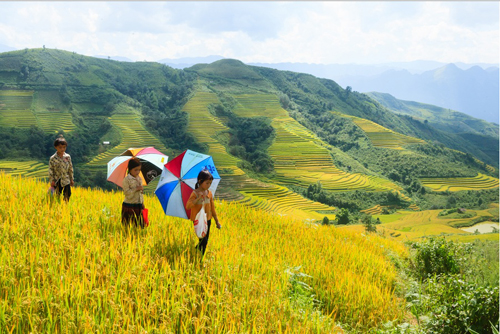
7. Be aware of your allergic foods
Vietnamese cuisine is super tasty with thousands of dishes. Locals are so clever to combine available ingredients from vegetables to meats together to create the perfect flavor. As a foreigner, it’s a wonderful journey to enjoy new delicious foods.
On the contrary, it’s hard to count all the ingredients in the dish. Therefore, if you are allergic to foods like peanuts, seafood, or dairy products, you’d better check out the ingredients before enjoying them.
8. Know where you live
It seems to be a big problem when you get lost and have no idea where your hotel is. If this situation comes true, it must be a nightmare, right?
Let’s carry a business card from the hotel with us so that the situation doesn’t come to you. The card is available from the hotel employees or the front desk. In addition, taking a taxi or a motorcycle would make it much simpler for you to get back home.
9. Use chopsticks correctly
Unlike Western customs, Vietnamese people normally use chopsticks and bowls to enjoy food. It might be a strange skill but you will soon get used to it. Indeed, there are some rules you need to remember when having meals with locals.
Which hand should you use for holding chopsticks? – The right hand! As young children, Vietnamese people have been taught to do that. Besides, if you are a left-handed man, go your own way. Despite an unusual way, it’s acceptable.
You should never put chopsticks upright in a bowl of rice. That is considered unlucky because of making the symbol of burning joss sticks which are only used for funerals. Plus, remember not to tap chopsticks into bowls to make sounds. When you finish your meal, put them beside your bowl or against a chopstick holder.
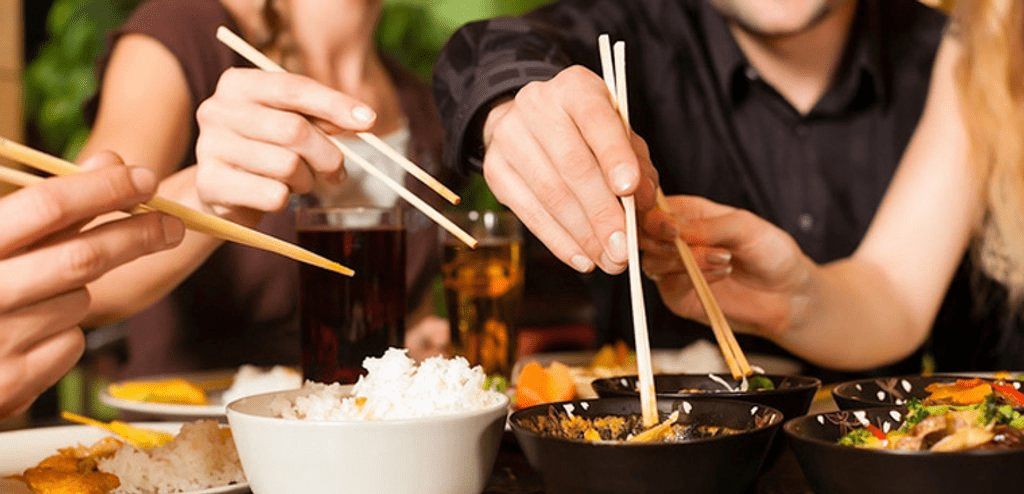
Things not to do in Vietnam
1. Don’t do intimate actions in public
Vietnamese consider intimate actions in public impolite. That means those physical displays between lovers are frowned upon by locals. They might not tell you to stop but they will criticize you implicitly.
Want to avoid drawing too much attention? Then just hold hands. If you want to express more affection than that, you should find a private space.
2. Don’t show off your skin in sacred places
Well, it’s more conservatively needed when you visit sacred places like pagodas, temples, monuments, and shrines. You must never wear shorts, skirts, singlets, tops with low necklines, or bare shoulders. Those clothes are considered offensive and rude and you don’t respect Buddha and the deceased.
If you wear those types of clothes already, you will have 2 options: find a long cover-up to wear or visit the place next time.
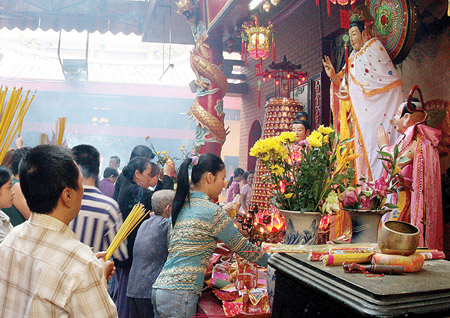
3. Don’t take pictures of military
On your journey to Vietnam, you will find a lot of military installations. However, you should never think of taking a photograph or doing anything with the Vietnamese military. All those actions are considered a breach of national security and you will get caught.
The same thing happens with taking photographs of places like Ho Chi Minh Mausoleum or even personnel. You’d better ask before taking photos. Therefore, you never have to spend time in a Vietnamese cell.
4. Don’t drink tap water
Tap water in your country is safe to drink but it’s a bad idea in Vietnam. To be honest, the tap water in the country is not safe enough, even in an expensive hotel. Instead, you should boil it up first or buy purified water bottles.
Are you looking for something a little more tasteful? There are several fresh smoothies and sugar cane juices available in Vietnam.
5. Don’t get panic when crossing the street
You might have heard about chaotic traffic in Vietnam. That makes you panic when walking on the street or passing the road.
On the other hand, you will find that locals control their vehicles in an organized way. The issue of being hit is just a little. When crossing the street, just keep walking in a predictable direction and watching out for the vehicle around you. Therefore, the driver knows where you aim to go and avoids you.
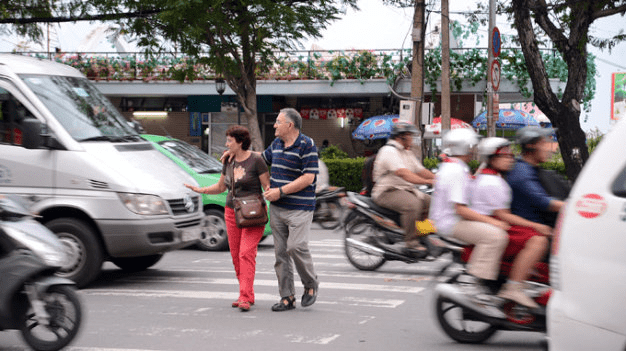
6. Don’t pick touristy places to visit
Honestly, we have to say that you’d better stay away from touristy places in Vietnam. Those destinations are just for tourism and lack authentic experiences – what you’re finding. At Xin Chao, we will help you avoid crowded places in Vietnam by connecting you with unique spots only locals know.
Get off the beaten path and find peaceful, stunning landscapes and hospitable locals. You will never have to be afraid of tourist traps, pickpockets, or crowded people. More incredible experiences await, like a friendly vibe, tasty foods, affordable prices, gorgeous sceneries, and an intact lifestyle.
7. Don’t forget to haggle
When purchasing anything from the market or retail stalls, we sincerely recommend you ask about the pricing and bargain. It’s a part of Vietnamese society and a great way for tourists to interact with the locals.
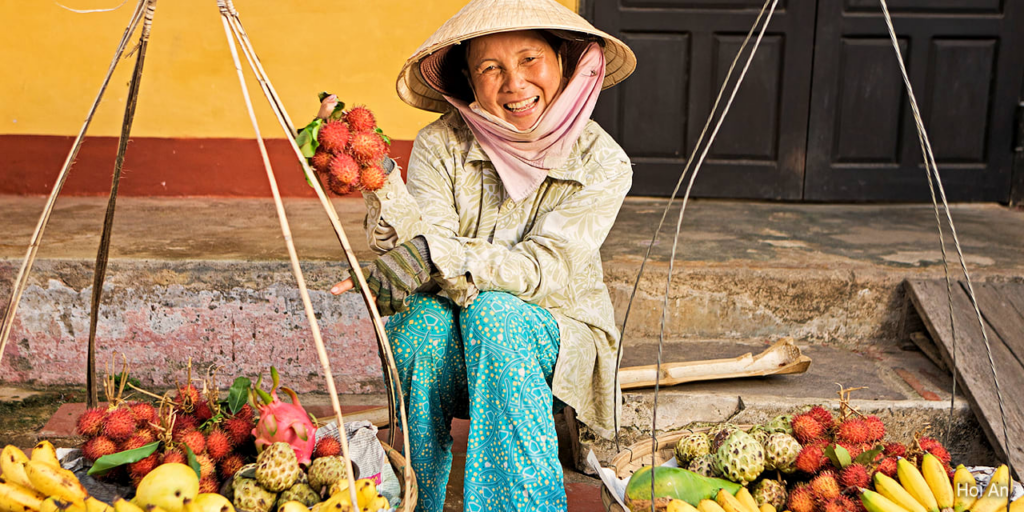
You need some talent to do it correctly. You will never offend anyone if you follow our advice. The most important rule is to constantly be friendly by keeping a smile on your face. You should also keep the prices of common items in Vietnam in mind for future reference. It’s quite useful to know whether or not the item you want to buy is pricey. Snacks and food vendors normally have set prices, so don’t bother haggling over them.
Let’s smile and tell the seller that you want to buy but at a lower price. If he/she refuses, you should walk away and then hear the voice of the seller calling you to come back. The sign shows that you are successful in this haggle.
Conclusion
Every country has its own culture and custom. You might offend a foreign nation without awareness. Doing research about things to do and not to do in Vietnam in advance will help you stay away from unexpected problems. Therefore, you will have the best authentic experiences in this wonderful tropical country.
Do you want to know more about helpful Vietnam travel tips? Let’s stay tuned and read other related posts on this blog. Moreover, Xin Chao team can help you to create a perfect customized private tour in Vietnam, depending on your duration and interests. Just tell us and all you need is to enjoy the great trip with friendly Vietnamese local ambassadors.
